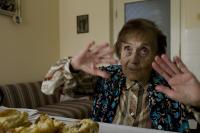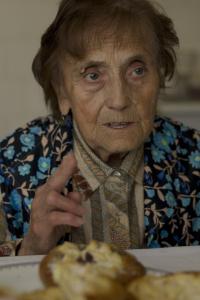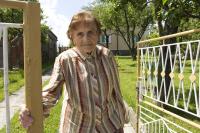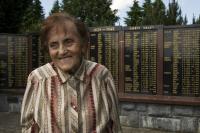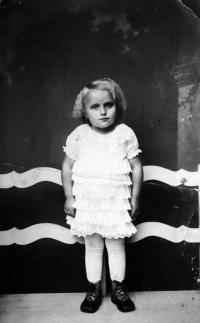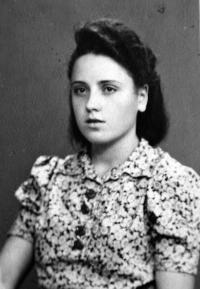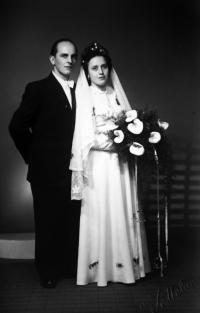But on April 16th, I won’t forget that, the Russians came to Bolatice. I was not even 18 years old. I couldn’t believe it. I thougt, that humans are human, but they weren’t

Download image
Marie Zajíček was born in November 1927 in Bolatice in the Hlučínsko region. As the circumstances got worse for the family in May 1938, they fled to Nazi Germany. After the Munich Agreement they returned. Marie Zajíček attended a German school, after that a commercial school in Troppau [Opava]. After the war she was captured by Russians, the sent her to an internment camp in Holice. After six months she was brought to another camp, after some time there, they let her go home. The family-home in Bolatice was bombed, she waited at a neighbour’s house until her parents also came home. She started to work in the office of a textile factory. Her Czech improved slowly, that’s why she was responsible for book keeping – she only needed calculation skills and to language skills for that. 1949 she married a man of German origin like her, they have two daughters. As an active member of the Catholic Church, she had additional problems during Communism. In 1992 she and her husband founded the German Association in Bolatice.
